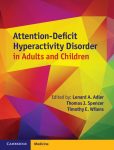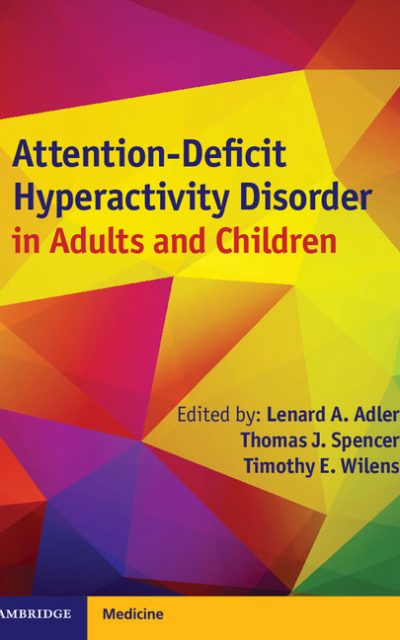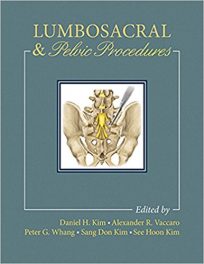 Editors: Lenard A. Adler, MD; Thomas J. Spencer, MD; and Timothy E. Wilens, MD
Editors: Lenard A. Adler, MD; Thomas J. Spencer, MD; and Timothy E. Wilens, MD
Publisher: Cambridge University Press – 392 pages
Book Review by: Sonu Chandiram
Persistent inattention, distractability and hyperactivity are some of the major characteristics of people who have ADHD. Usually associated with only children in the past, in recent years it has been found have risen significantly in adults as well. A wide array of other psychiatric illnesses such as anxiety, mood, and substance abuse disorders coexist in those who have ADHD. This has complicated the tasks of assessment, management, and treatment.
The World Health Organization estimated that ADHD affected about 39 million people in 2013. Recent research by experts on this neurobiological and neurobehavioral disorder has been brought together in this important new book. It also covers a history of this ailment, clinical options for its management, as well as its comorbidity, diagnosis, and epidemiology. The book also discusses neuroimaging of ADHD.
Fifty specialists (including editors Lenard Adler Timothy Wilens) who study and teach ADHD and related disorders such as anxiety disorder, bipolar disorder and learning disorders – all from the United States except one each from Canada and Lebanon – wrote the 29 chapters that comprise this unique work on this subject.
Since this is a relatively new and growing field of study with many recent and ongoing discoveries, we provide you an overview of this book’s by naming its chapter titles below:
- History of attention-deficit hyperactivity disorder (ADHD)
- Diagnosing ADHD in children and adults
- The epidemiology and social burden of ADHD
- Functional impairment in ADHD
- Beyond DSM-IV diagnostic criteria: what changed, what should have changed in DSM-5
- Conceptual issues in understanding comorbidity in ADHD
- Bipolar disorder and ADHD: comorbidity throughout the life cycle
- Assessment and treatment of depressive disorders in adults with ADHD
- Comorbidity of ADHD and anxiety
- Attention-deficit hyperactivity disorder and the substance abuse disorders in ADHD
- ADHD and learning disorders
- Oppositional defiant disorder and conduct disorder
- Mimics of ADHD: medical and neurological conditions
- Catecholamine influences on prefrontal cortex circuits and function
- Molecular genetics of ADHD
- Neuroimaging of ADHD
- Neuropsychological testing
- ADHD diagnostic and symptom assessment scales for adults
- Assessment of ADHD in children and adolescents
- Stimulant medication in children and adolescents
- Non-stimulant treatment of ADHD
- Pharmacotherapy of ADHD in adults
- Psychosocial treatment of ADHD in adults
- Complementary and alternative treatments for pediatric and adult ADHD
- Preschool ADHD treatment
- ADHD and smoking
- ADHD and tic disorders
- Sustainable change: treatment adherence in ADHD
- College students with ADHD
Academic and occupational underachievement are two of most severe negative consequences for people afflicted with ADHD. We hope that this book will help professionals better diagnose it and to provide solutions to their clients or patients who suffer from it.
This book has been developed for physicians, psychiatrists, psychologists, social workers, and even coaches, or anyone seeking to understand this condition at a deeper level, particularly its characteristics, etiology, features, and various current treatment modalities.
Editors:
Lenard A. Adler is Professor in the Department of Psychiatry and Child and Adolescent Psychiatry, and Director of the Adult ADHD Program at New York University School of Medicine in New York, New York.
Thomas J. Spencer is Associate Professor of Psychiatry at Harvard Medical School, and Associate Chief of Clinical Research in Pediatric Psychopharmacology at Massachusetts General Hospital in Boston, Massachusetts.
Timothy E. Wilens is Chief of the Division of Child and Adolescent Psychiatry, and Director of the Center for Addiction Medicine at Massachusetts General Hospital in Boston, Massachusetts.







